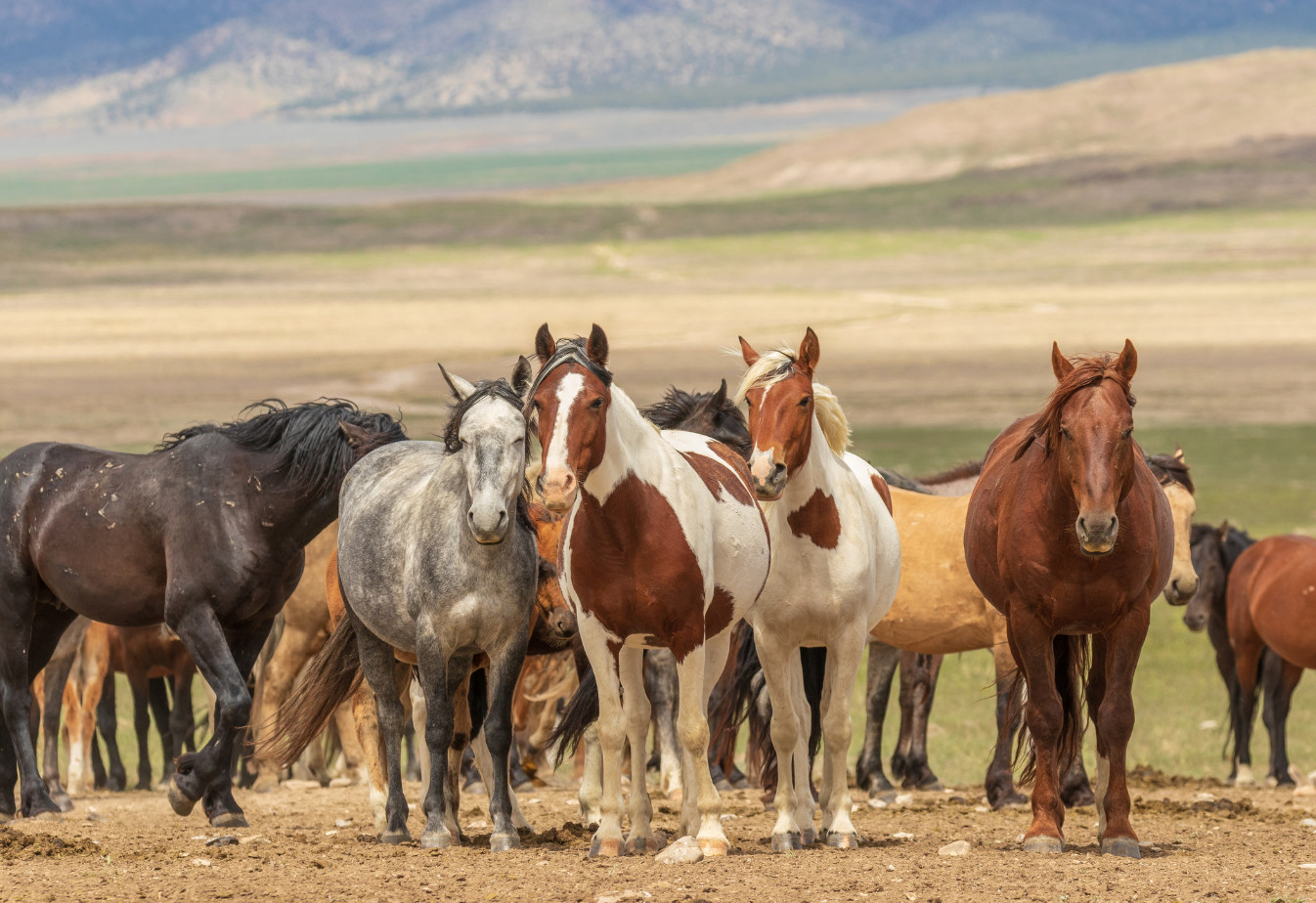
In the forests near the village of Barro, wildfires were once common every summer. But that changed in 2019 when wild horses were introduced.
The wild horses eat dry plants and bushes between the trees, which helps stop fires from starting or spreading. Fire prevention is just one of the ecological benefits they bring to the region of Galicia in northwestern Spain.
In the past, about 22,000 wild horses lived in the mountains, forests, and grasslands of Galicia. Today, only half remain. Scientists say this population plays an important role in protecting the environment.
The horses also help other plants grow, like purple heather and white asphodels. These plants support healthy carbon-capturing wetlands, which are very good at capturing carbon from the air.
A 2021 study found that wild horse grazing was better than planting pine or eucalyptus trees when it comes to preventing fires and protecting biodiversity.
Although other animals like sheep and cows can also help, wild horses are especially good for the job. They are well-suited for Galicia’s rough terrain.
Wildfires in Galicia are becoming worse because of climate change. Between 2001 and 2023, fires destroyed nearly 1,000 square kilometers of land in the region. Experts say protecting Galicia’s wild horses is key to preserving the region’s forests.
Support animal journalism
The Animal Reader is an independent animal news platform based in the Netherlands. We share daily updates about animal-related issues.







